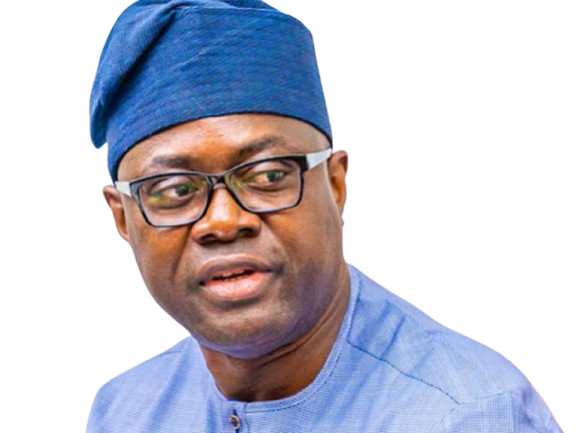Some opposition lawmakers in the House of Representatives staged a walkout on Wednesday after the House approved an amendment to the Central Bank of Nigeria Act to raise the ceiling of Ways and Means Advances from the apex bank to the Federal Government from five to 10 per cent.
The Green Chamber gave the approval at an emergency plenary presided over by the Speaker, Abbas Tajudeen.
The move came a few months after the CBN governor, Olayemi Cardoso, declared that the apex bank would no longer give Ways and Means to the President until the previous loans are repaid.
While appearing before the Senate Committees on Finance, Appropriations, Banking, Insurance, and other Financial Institutions, Olayemi had noted that it was one of the measures taken by the apex bank to curtail the economic downturn currently plaguing the country.
Ways and Means is the money that the Central Bank of Nigeria lends to the Federal Government in the meantime to augment spending based on the time the revenue is generated.
Originally captured to increase the loan limit to 15 per cent, the initial bill read by the speaker was titled “A Bill for an Act to Amend the Central Bank of Nigeria Act, to increase the Central Bank of Nigeria’s total advances to the Federal Government from five per cent to a Maximum of Fifteen per cent and for Related Matters.”
It was, however, reduced to 10 per cent after some lawmakers raised objections.
The House had dissolved into Committee of the Whole to consider the report on the bill, with the Deputy Speaker, Benjamin Kalu, as the chairman.
When the bill was put to debate by Kalu, Minority Leader Kingsley Chinda advised the House to reduce the loan limit to two per cent to ensure accountability and transparency.
But Chairman of the House Committee on Finance, James Falake, quickly interjected, insisting that the present five per cent was not enough for the government to rely on.
“What we are doing is for the survival of the economy. We need to move away from what we are now to 15 per cent. Bringing down the rate to two per cent isn’t what will bring transparency,” he stated.
However, Rep Isiaka Ayokunle suggested that the limit should be increased to 10 per cent, saying that “this will ensure the managers of the economy serve with caution.
“It will ginger them to work hard and not feel that they have something somewhere to rely on,” he added.
Former Deputy Speaker Ahmed Idris also approved Ayokunle’s suggestion that it should be raised to 10 per cent.
After the debate, the Deputy Speaker put the motion of amending the bill to reflect 10 per cent to a voice vote. Though the voice of nays was louder than those who agreed, the Deputy Speaker said the ‘ayes’ had it.
At this point, some lawmakers belonging to opposition parties staged a walkout to register their displeasure despite pleas by the Deputy Speaker that the increase was also to allow the government to fund the new N70,000 minimum wage.
“The money for the increment has to come from somewhere. We know how the Ministry of Finance and others are working. Those who said 15 per cent said it is too high. This is within industry taxes. It is all for the welfare of this country.”






